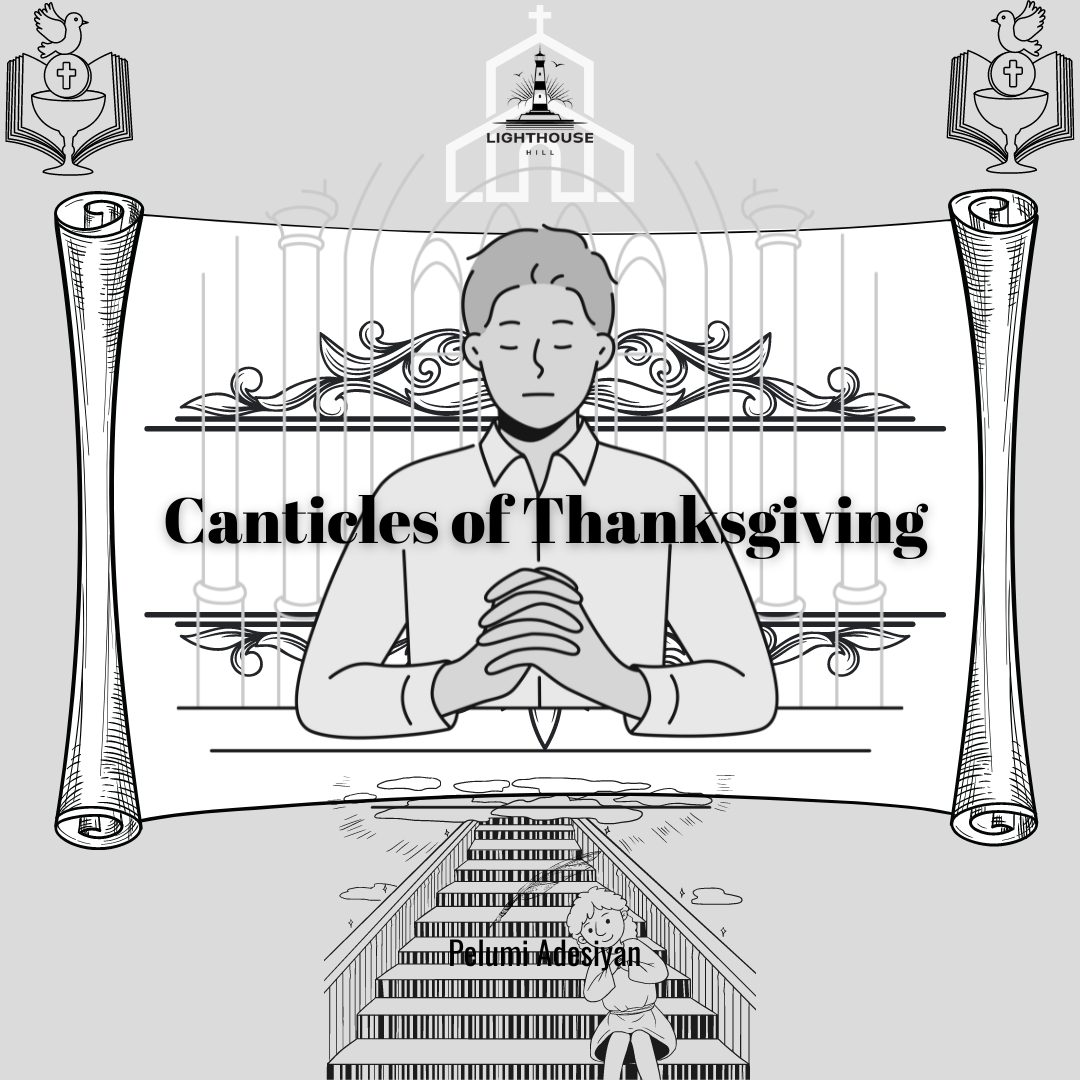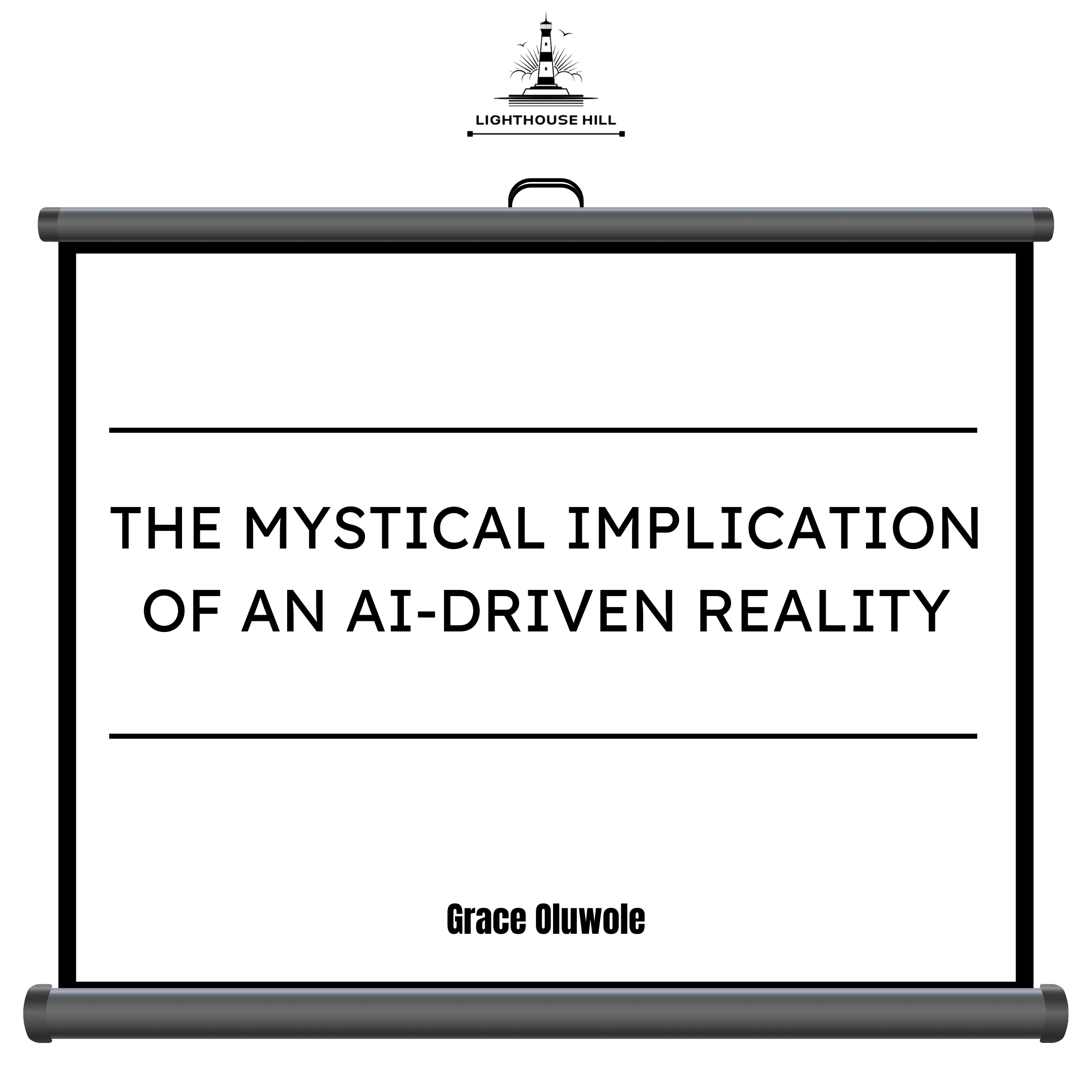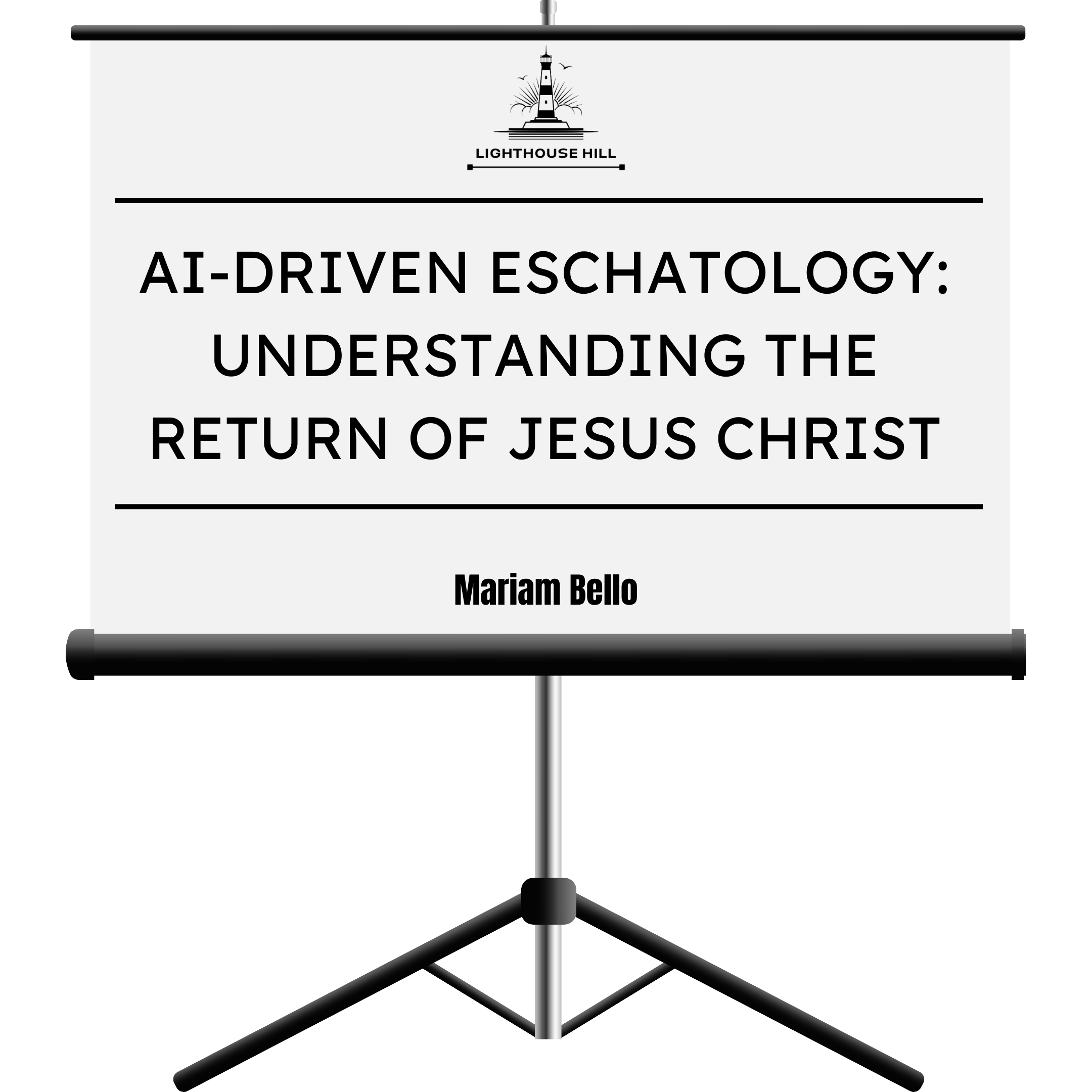
Throughout history, sin has been understood in different ways, from the biblical notion of rebellion against God’s commandments to the psychological concept of unconscious guilt and shame. Some traditions view sin as a primal human condition, while others see it as a choice that can be overcome through spiritual practices and self-reflection.
Sin is a complex and multifaceted concept that has been debated and explored by theologians, philosophers, and scholars across various cultures and traditions. At its core, sin refers to actions, thoughts, or behaviours that deviate from a perceived moral standard or divine will, resulting in harm to oneself or others.
The concept of sin raises fundamental questions about human nature, morality, and the human condition. Is sin an inherent part of human nature, or is it a byproduct of external factors? Is it a fixed state, or can it be overcome through repentance and redemption? How do cultural and religious beliefs shape our understanding of sin, and what implications does this have for our understanding of morality and ethics?
Throughout history, sin has been understood in different ways, from the biblical notion of rebellion against God’s commandments to the psychological concept of unconscious guilt and shame. Some traditions view sin as a primal human condition, while others see it as a choice that can be overcome through spiritual practices and self-reflection.
As we delve into the concept of sin, we will explore its various dimensions, including its definition, types, causes, and consequences. We will examine how sin has been represented in art, literature, and music, and how it continues to shape our understanding of human nature and morality.
Ultimately, the concept of sin invites us to confront our own vulnerabilities and weaknesses and to consider how we can strive for redemption, forgiveness, and personal growth. Through this discourse, we will seek to understand the complex and multifaceted nature of sin and its enduring impact on human culture and consciousness.
Let’s explore the concept of sin further.

The Origin of Sin:
The concept of sin has its roots in ancient religious traditions, particularly in the biblical account of Adam and Eve’s disobedience in the Garden of Eden. This story sets the stage for the understanding of sin as a rebellion against divine authority and a departure from moral perfection.
Types of Sin:
Various religious and philosophical traditions have identified different types of sin, including:
- Original sin: The inherent sinfulness of human nature, inherited from Adam and Eve’s original act of disobedience in the Garden of Eden.
- Actual sin: Specific acts of disobedience or wrongdoing.
- Venial sin: Less severe sins that don’t completely sever our relationship with the divine.
- Mortal sin: Grave sins that can lead to spiritual death and eternal separation from the divine.

Cultural and Religious Perspectives:
Sin has been understood and interpreted differently across cultures and religions, including:
- Christianity: Sin is seen as a rebellion against God’s will, with Jesus’ sacrifice offering redemption.
- Islam: Sin is understood as disobedience to Allah’s commands, with forgiveness available through repentance.
- Judaism: Sin is seen as violating God’s commandments, with atonement possible through repentance and sacrifice.
- Hinduism and Buddhism: Sin is understood as karma, with negative actions leading to suffering and rebirth.
Also Read: EAT THE WORD: A PRACTICAL APPROACH TO BIBLE STUDY
The Consequences of Sin:
Sin has been believed to lead to various consequences, including:
- Separation from the divine.
- Guilt and shame.
- Suffering and punishment.
- Spiritual death and eternal separation.
The Possibility of Redemption:
Most traditions offer a path to redemption and forgiveness, including:
- Repentance and confession.
- Sacrifice and atonement.
- Divine mercy and grace.
- Personal transformation and growth.
The Christian Context:
Let’s explore the concept of sin in Christianity, which is a prominent religious tradition that has shaped Western cultural and moral values.
In Christianity, sin is understood as:
- Rebellion against God’s will and commandments (e.g., the Ten Commandments).
- Separation from God and His love.
- A state of spiritual darkness and bondage.
However, Christianity also offers a path to redemption and forgiveness through:
- Repentance (acknowledging and turning away from sin).
- Faith in Jesus Christ’s sacrifice and resurrection.
- Baptism and the sacraments.
- Prayer and seeking God’s mercy.
The Concept of Sin In Universal Contexts

The concept of sin is a rich and complex one, with various interpretations and implications across different cultures, religions, and philosophical traditions. Here are some additional aspects to consider:
- Religious perspectives: In many religious traditions, including Christianity, Islam, and Judaism, sin is seen as a transgression against divine commandments or laws. It is often associated with concepts like guilt, shame, and repentance.
- Moral implications: Sin is often linked to moral failures, such as greed, lust, or pride. It can also involve harm to others, like injustice, cruelty, or betrayal.
- Psychological dimensions: Sin can be seen as a psychological phenomenon, related to unconscious desires, repressed emotions, or inner conflicts.
- Social and cultural contexts: Sin can be shaped by cultural norms, social expectations, and historical contexts. What is considered sinful in one culture or era may not be in another.
- Personal responsibility: The concept of sin often raises questions about personal responsibility, free will, and the capacity for moral agency.
- Redemption and forgiveness: Many traditions offer paths to redemption, forgiveness, and reconciliation, highlighting the possibility of transformation and growth.
Exploring the concept of sin can lead to deeper insights into human nature, morality, and the human condition. As we continue this discourse, we’ll delve deeper into the complexities of sin and its implications for human nature, morality, and spirituality.
Your thoughts and questions are welcome!
















Leave a Reply
View Comments